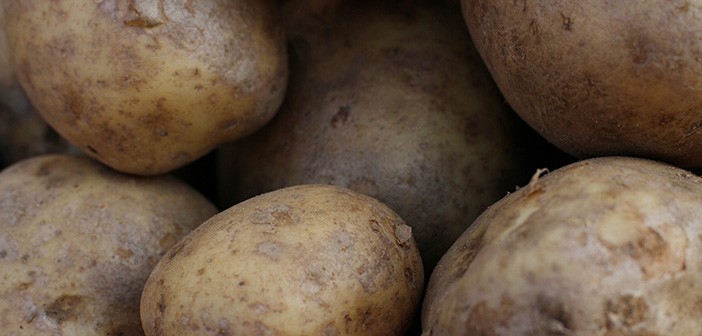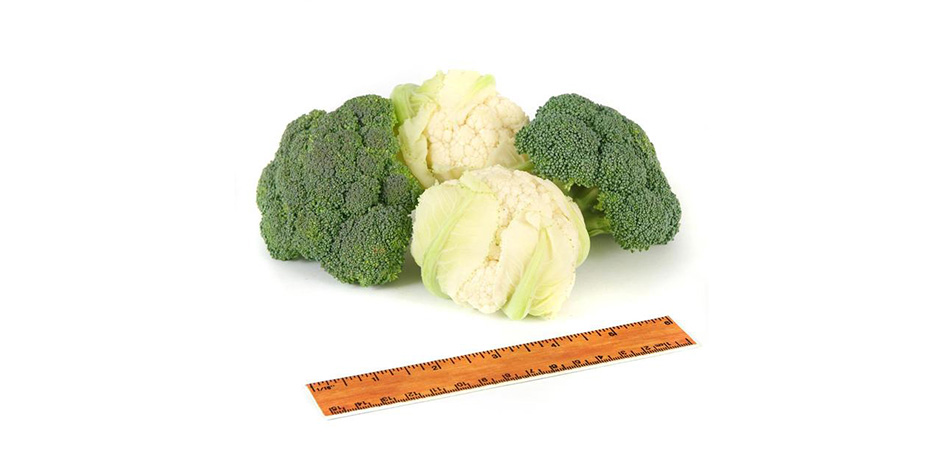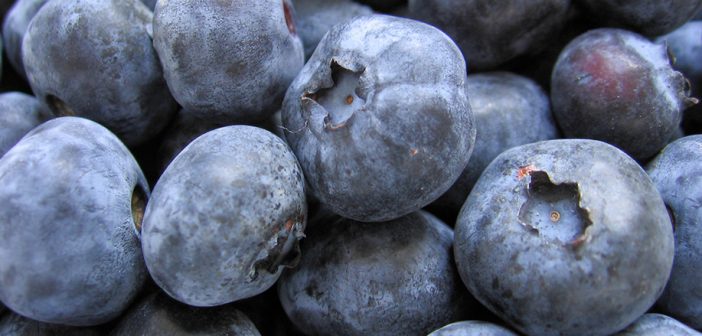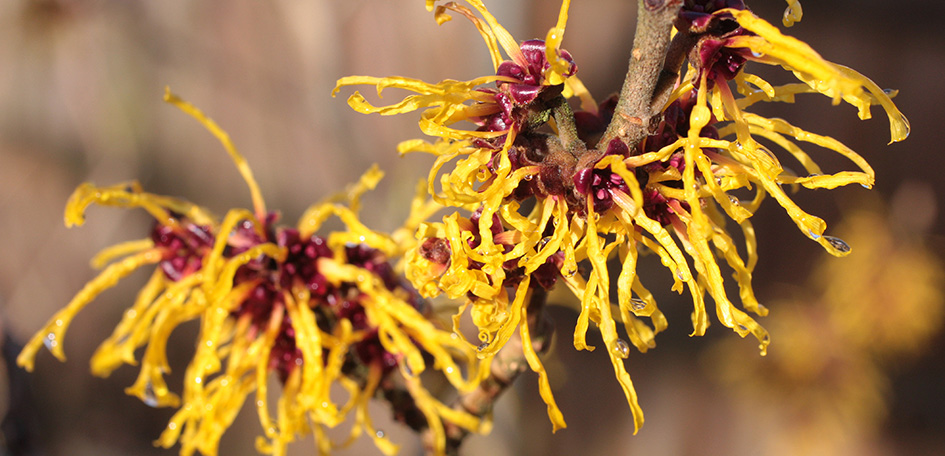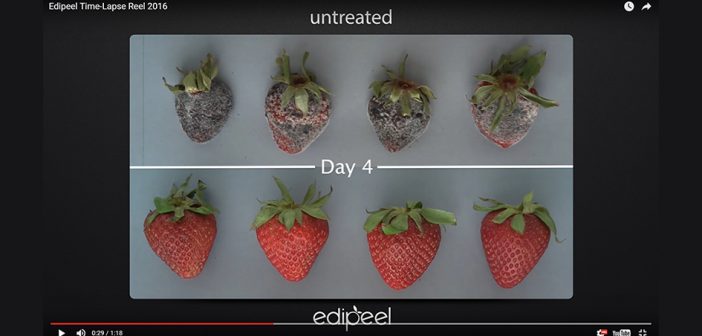The Grand Final for this year’s Young Horticulturist of the Year competition, which is run by the Chartered Institute of Horticulture (CIH), will be held on May 6th at the University Centre Shrewsbury.
In many ways, the CIH sees this as the competition coming home as Shrewsbury was home to Percy Thrower whose Trust provides an impressive £2500 travel bursary to the competition winner each year, alongside major sponsorship from the Shropshire Horticultural Society.
“Winning the 2016 competition has helped me immensely in securing my new job at Tregothnan, on graduating RHS Wisley in August. YHOY is an invaluable platform for young horticulturists to expand their knowledge. Taking part in the competition exposes you to other talented and knowledgeable young horticulturists as well as seasoned pros alike,” comments last year’s winner Lawrence Wright.
“Every year I look forward to the Chartered Institute of Horticulture’s Young Horticulturist of the Year Competition. It’s a fantastic opportunity for both students of horticulture and those working in the industry to display their plant knowledge and meet fellow horticulturists. I encourage all those who are eligible to participate and I wish the best of good fortune to all those taking part!” CIH President, Dr Owen Doyle CHort FCIHort.
More details, including how to enter, can be found by emailing yhoy@horticulture.org.uk.
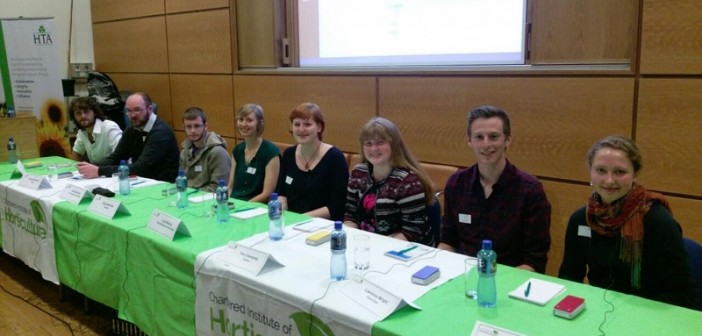
Photo Caption: Last year’s YHOY finalists
Photo Credit: CIH
The post Young Horticulturalist of the Year competition returns appeared first on Hort News.

